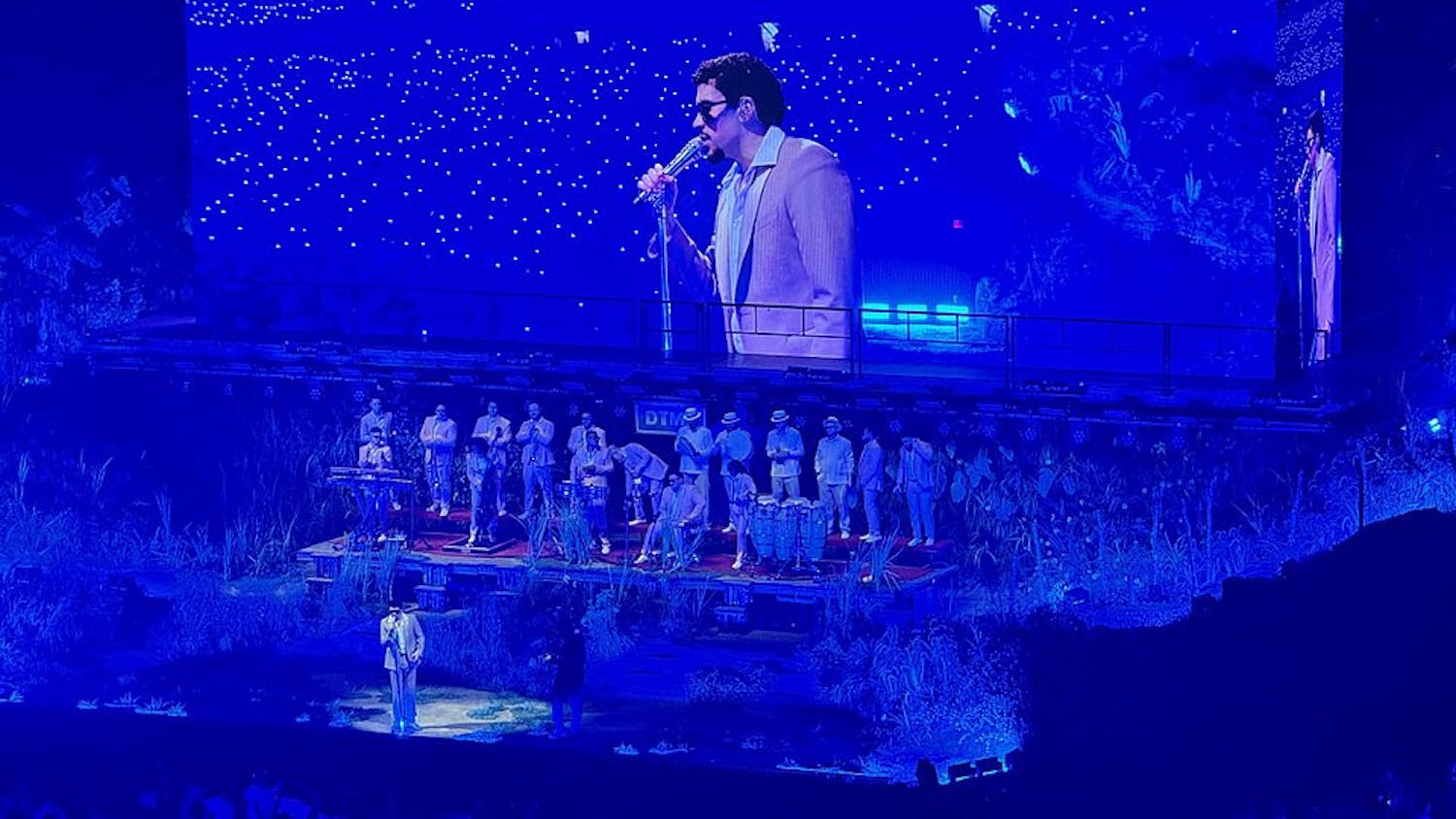Death’s a bitch, isn’t it? The idea that one day you’re a happy-go-lucky guy playing Ultimate Frisbee and the next a pile of ashes being scattered into Lake Monona by relatives whose next stop is IHOP for chocolate chip pancakes is crazy to me. To those of us who just can’t get on board with belief in an afterlife (Heaven doesn’t sound so bad, but can you imagine waking up in a boat on the River Styx with Hades’ minions prodding you in the ass?), death is a pretty freaky proposition.
Well, about a year ago the whole thing got me thinking about what it means to exist—to live—and what it means to not exist, or to be dead. Most of my thoughts revolved around the latter, with countless hours being spent trying to come to terms with the fact that Kansas’ “Dust in the Wind” might be more than just an annoying song. In addition to prompting a ridiculous number of trippy conversations with friends, these ruminations led me to reevaluate the conventional notion shared by us non-religious folk that our existence boils down to the simple dichotomy between being “alive” and being “dead.” In my view, there is only life.
The fact that we exist isn’t hard to understand. I’m here, you’re here, now let’s go get some cornbread. Unfortunately, it’s so simple to grasp that we often view death through the same lense with which we observe life. This simply can’t be done because death by definition is marked by the permanent loss of consciousness. As a result, we skeptics of religion try to form rational explanations of death without realizing that death defies rationality. To be not alive is to be dead, and to be dead in our view is to be lost to an eternal nothingness. Nothing is, well, nothing. The aforementioned dichotomy of “life” and “death” is misguided because it exists only in the realm of human perception, which is lost in death. No one can truly be dead so long as the intellectual faculties required to understand the state vanish upon that final retreat. Necessary to understanding how this is possible is a reworking of the way we think about the passage of time.
We perceive of time as the collective string of all the individual moments we’re constantly experiencing, but a moment isn’t a fixed thing. If every ‘now’ immediately becomes a ‘then,’ and was at one point in the future, how can we claim to be living in the present moment? Someone who lived in 1914 thought they were living in the present, but to us they lived in the past. That seems simple enough until you realize that we too assume we live in the present. This is what I mean when I say that time is subjective. Imagine a train ride through a foreign landscape. Even though every sight is new to you, those same mountains and valleys you’re looking at reside in the pasts of passengers miles ahead. After all, trains don’t travel and lay track simultaneously. This isn’t to say that our lives are pre-determined, as that implies that time is a linear force. Because our notions of the past, present, and future are dependent on our places in time, I believe that all three are being experienced simultaneously.
Viewing time as a nonlinear, subjective force and death as a nothingness means that every life is still being lived. Objectively speaking, FDR is “dead,” but because death is the absence of perception, thought, and consciousness, and because all the moments of a lifetime exist side by side, as far as FDR is concerned he’s still alive. He never knew he “died” and neither will you. The inability of death to know itself and the subjectivity of the “moment” mean that everyone is constantly and continuously living every moment of their lives. Just as the frames of a movie exist in tandem regardless of which one you’re currently seeing, so too do the moments of our lives. Be careful, though, because all of this has some pretty big implications. Before you know it you might find yourself stuck in the ‘50s trying to set up your mom and dad while feigning playing “Johnny B. Goode” on guitar.
The dead and unborn are with us now, even if we might not think it. Our fixation with the present needs to be overcome if we are to understand that our history—past, present, and future—is being played out at once, and that the departure of consciousness in death means that there is only life. And sure, death might be a bitch, but at least when it comes I won’t be around to know it.
Are you suddenly unafraid of death because of this column? Please send all feedback to opinion@dailycardinal.com.





